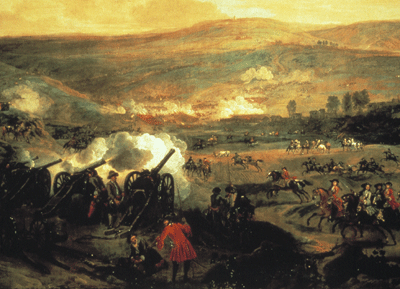It's a bad sign that I'm writing my recollections of the last meeting the day before the next meeting, and I find myself a very unreliable minute keeper. However, this is not a dissertation and reading back over the pages we've just traversed has its own rewards and frustrations. Frankly, it would be better if each member of our little group posted their own account, as I am simply going to seize upon the most obvious thing and let the rest go.
We are still talking in this part about the letter. Joyce has already discoursed upon the importance of the envelope, which is a funny thing to think about in this age of email. Now Joyce is talking about the signature at the end of the letter or "The teatimestained terminal". (As a little aside, being something we didn't discuss at the group, but something that came up while I just researched to make sure that really did mean the signature, I find that this tiny phrase actually links significantly to the end of the novel, which famously ends in "The". But "the" when appropriately accented is actually the French thé, or tea. As you can see, Joyce was made for graduate students. There is more on all this here.)
Whew. Anyway, the author reminds us, more straightforwardly--and obviously, I live for such moments--both before and after the battle of the Boyne it was a habit not to sign letters always...You have your cup of scalding Souchong, your taper's waxen drop, your cat's paw, the clove or coffinnail you chewed or champed as you wrote it, your lark in clear air. So why, pray, sign anything, as long as every word, letter, penstroke, paperspace is a perfect signature of its own?
Once again I am reminded that, in the age of email, we are deprived of much, although largely all unconsciously.
Gathered in The Cloud
-
Matthew 17:1–9 A few years ago, a young social worker named Maya went on a
silent retreat in the Rockies after burning out from working in a crowded
inner-...
2 weeks ago





No comments:
Post a Comment